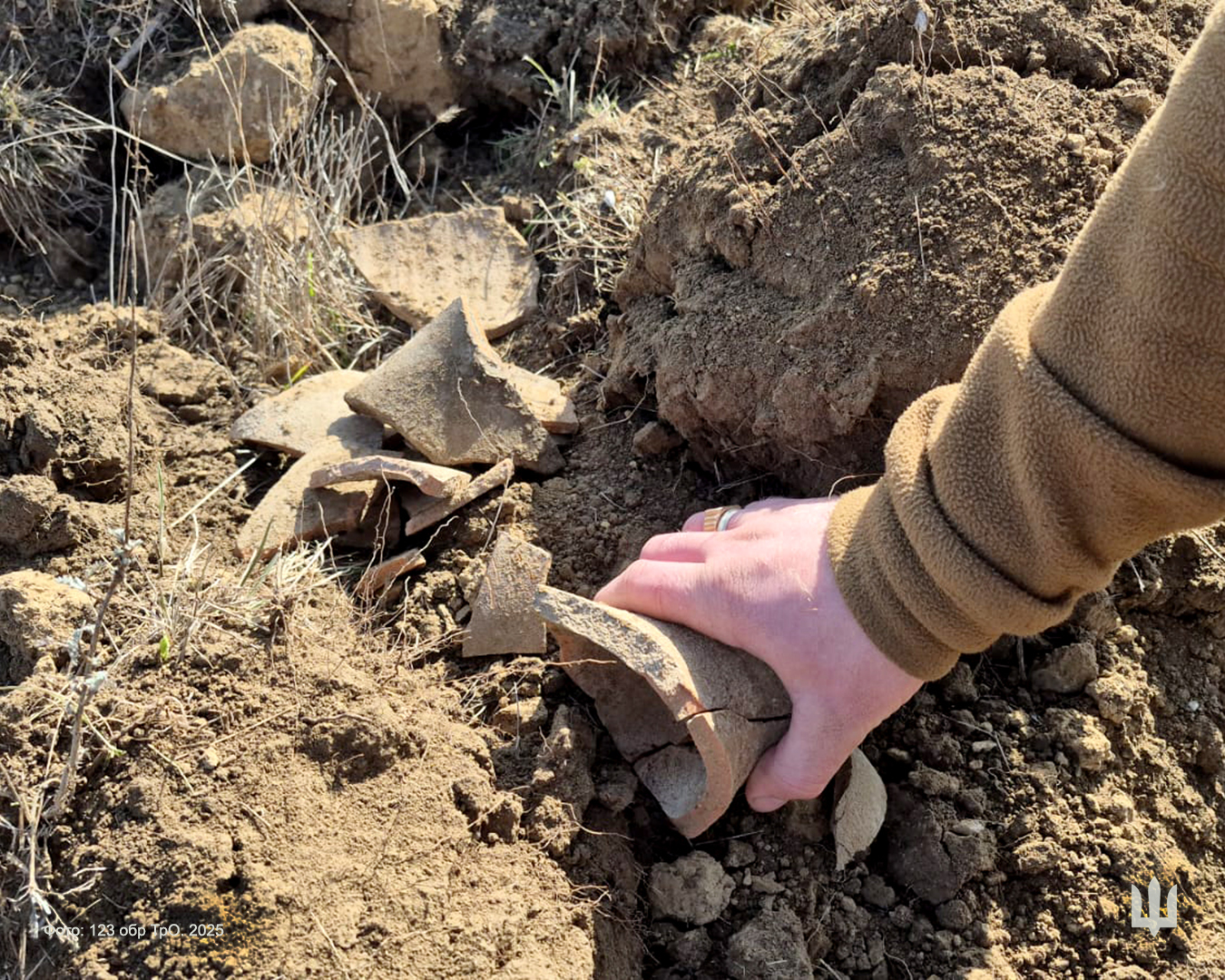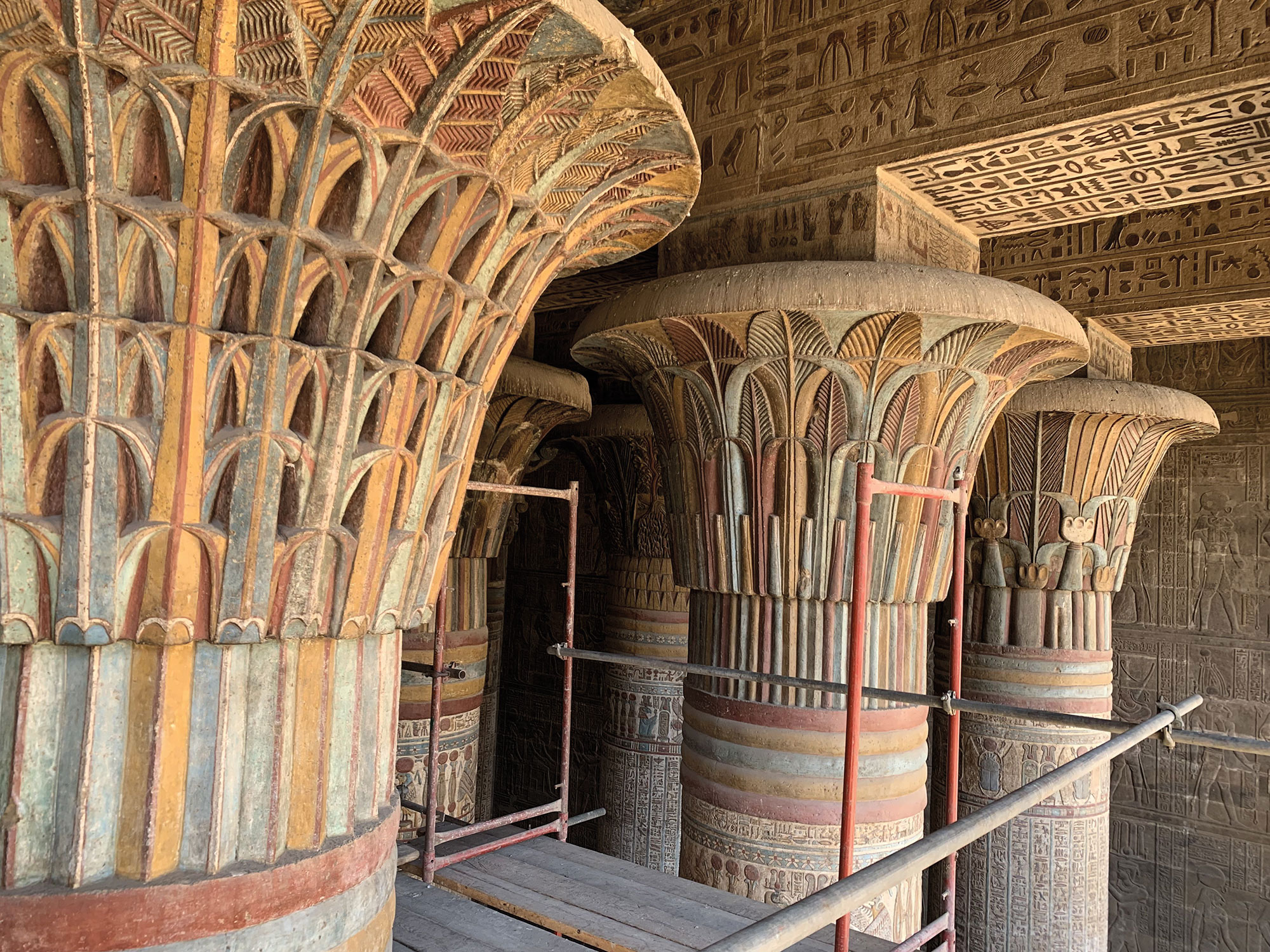Guédelon Castle: A Living Experiment in Medieval Archaeology

Guédelon Castle in Burgundy, France, isn't just a reconstruction; it's a living experiment in medieval archaeology. Using only 13th-century tools and techniques, a team of skilled artisans is building a real 13th-century castle. The project, decades in the making, reveals historical mysteries, from window materials (initially goatskin, later beeswax-stiffened linen) to mortar recipes and scaffolding techniques. Each obstacle encountered is an opportunity to solve a medieval-style problem, illuminating the ingenuity and teamwork of medieval builders. Guédelon is more than a castle; it's a vibrant historical lesson, attracting visitors and scholars worldwide.
Read more







